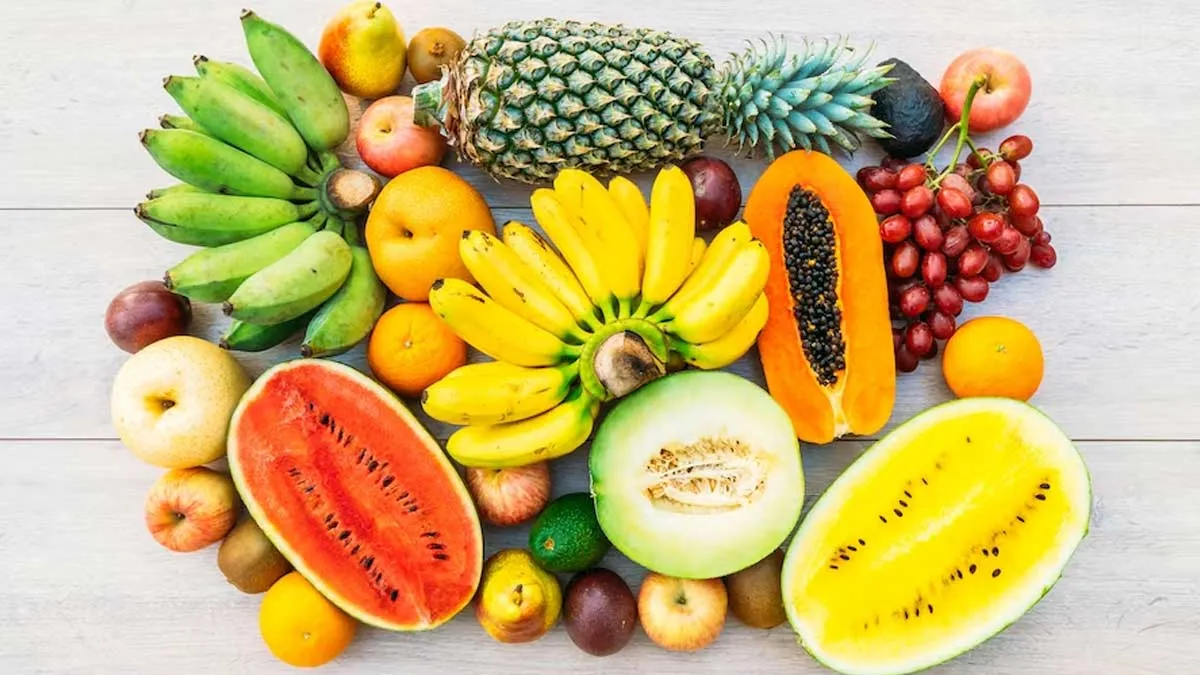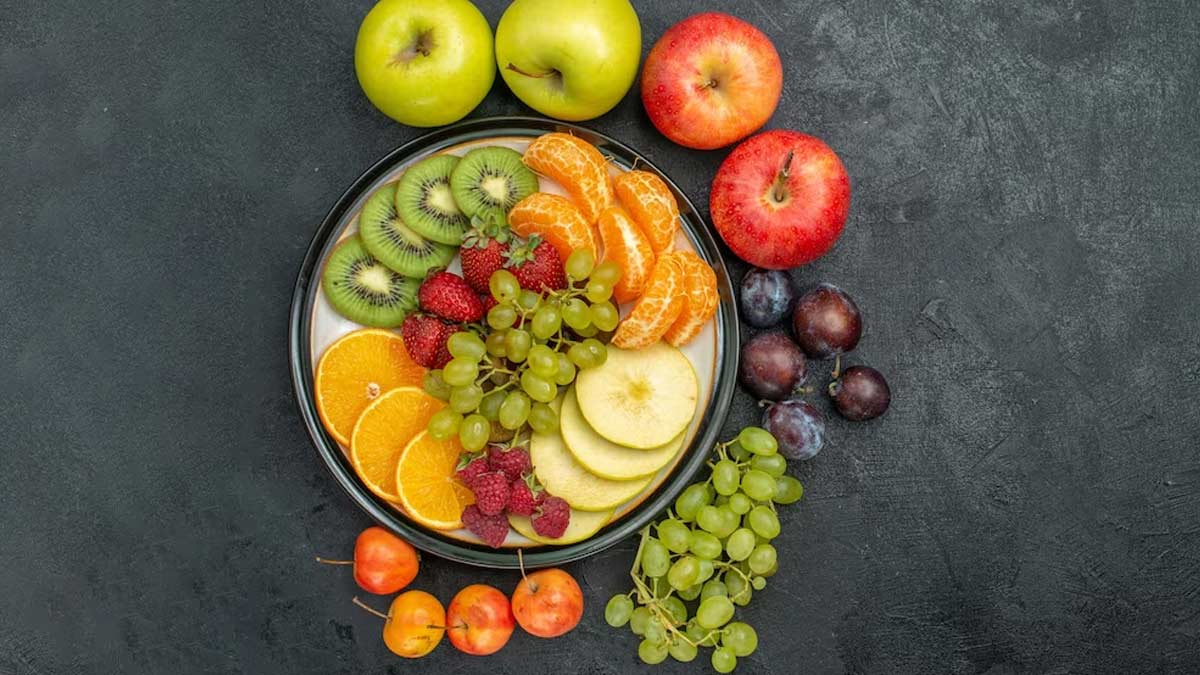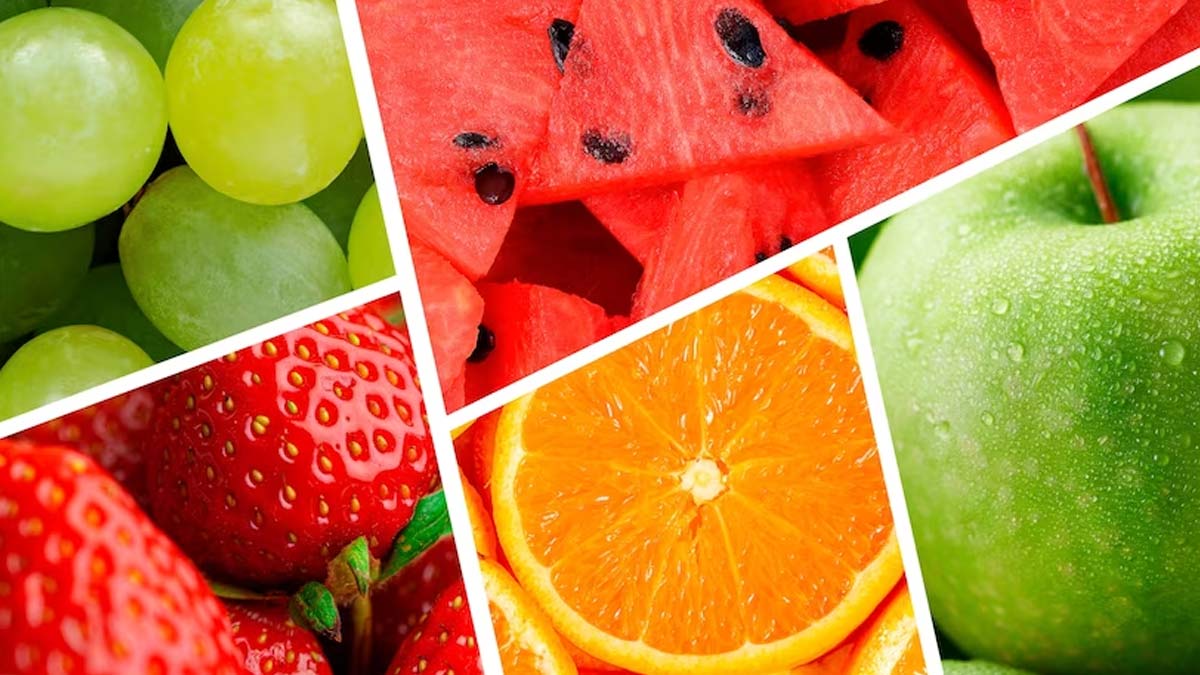
Frozen fruits may be the hidden health hack you didn’t know you needed. With a longer shelf life, often lower costs, and high nutritional value, some fruits are even better when you choose them frozen. We spoke to our expert Zoobiya Islam, Assistant Professor, Nutrition and Dietetics, Sharda University to know why. Here is what she shared with us.
Table of Content:-
Health Benefits of Buying Frozen Fruit
Frozen fruits often maintain, or even exceed, the nutritional quality of fresh options due to the timing of their harvest and preservation methods. According to a study conducted by the Frozen Food Foundation with University of California Davis, fruits chosen for freezing are picked at peak ripeness, meaning they contain the highest concentration of nutrients. These fruits are then quickly frozen, locking in vitamins and minerals that might otherwise degrade during transport and storage if kept fresh.
Additionally, our expert Islam shared, "Freezing halts microbial growth, which can help prevent foodborne illnesses without the need for preservatives." For those who want to eat healthy on a budget, frozen fruits are often more affordable, and they stay fresh for months without losing their nutritional edge.

Also Read: Summer Fruits Alert: Beware of These 5 Digestive Disruptors
Nutritional Comparison Of Frozen vs. Fresh Fruits
A study published in the Journal of Food Agricultural and Food Chemistry found that frozen blueberries, strawberries, and raspberries retained higher levels of Vitamin C and antioxidants compared to their fresh counterparts that had been stored for three days. Fresh produce can begin losing nutrients soon after harvest; another study showed that spinach, for example, can lose about 90% of its vitamin C content within 24 hours of being picked. This illustrates the advantages of frozen foodsfor both nutrient retention and convenience.
Fruits You Should Always But Frozen And Not Fresh
Below are some fruits you might want to consider buying frozen rather than fresh.
1. Berries (Blueberries, Strawberries, Raspberries)
Berries are especially delicate and prone to spoilage, which causes nutrient degradation over time. Freezing preserves their high levels of antioxidants, fibre, and vitamins, which are linked to reduced inflammation and improved heart health. A 2015 study in Journal of Agriculture and Food Research found that blueberries, for instance, lose antioxidants and polyphenols after several days of fresh storage, but freezing retains these compounds for much longer.

2. Mangoes
Mangoes are rich in vitamins A, C, and E, but they ripen and spoil quickly in their fresh form. Once cut, mangoes start losing vitamin C content and can even harbour harmful bacteria if left out too long. "Frozen mangoes retain high levels of beta-carotene, an antioxidant beneficial for eye health and skin integrity," Islam shared.
3. Cherries
Cherries are nutritionally dense but have a short shelf life, which makes them prone to nutrient loss. Frozen cherries retain their antioxidants, particularly anthocyanins and melatonin, both known for their anti-inflammatory and sleep-supporting properties.
Also Read: Dr Anjali Kumar On Menstrual Hygiene, & Period Education
4. Pineapple
Pineapples are often difficult to store and prepare in their fresh form. "Freezing preserves their high levels of bromelain, an enzyme with anti-inflammatory properties that supports digestion," she added.
5. Bananas
While fresh bananas are already a popular choice, freezing them makes them perfect for smoothies, baking, or a quick snack. Frozen bananas retain their potassium and vitamin B6 levels, both crucial for energy metabolism and heart health.
The Verdict: Why You Should Opt For Frozen
Choosing frozen fruits offers a number of benefits, including improved nutrient retention, lower risk of contamination, and reduced waste. For those who may not consume fresh produce fast enough to avoid spoilage, frozen fruits offer a convenient, cost-effective alternative without compromising health benefits.
Freezing technology has made it possible to enjoy nutrient-rich fruits all year round, regardless of seasonality, allowing you to incorporate more variety into your diet. By strategically choosing certain fruits in frozen form, you can maximise your intake of antioxidants, vitamins, and minerals for a healthier lifestyle.
Also watch this video
How we keep this article up to date:
We work with experts and keep a close eye on the latest in health and wellness. Whenever there is a new research or helpful information, we update our articles with accurate and useful advice.
Current Version